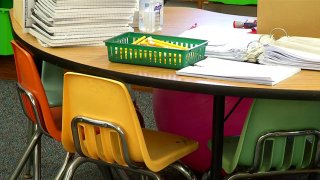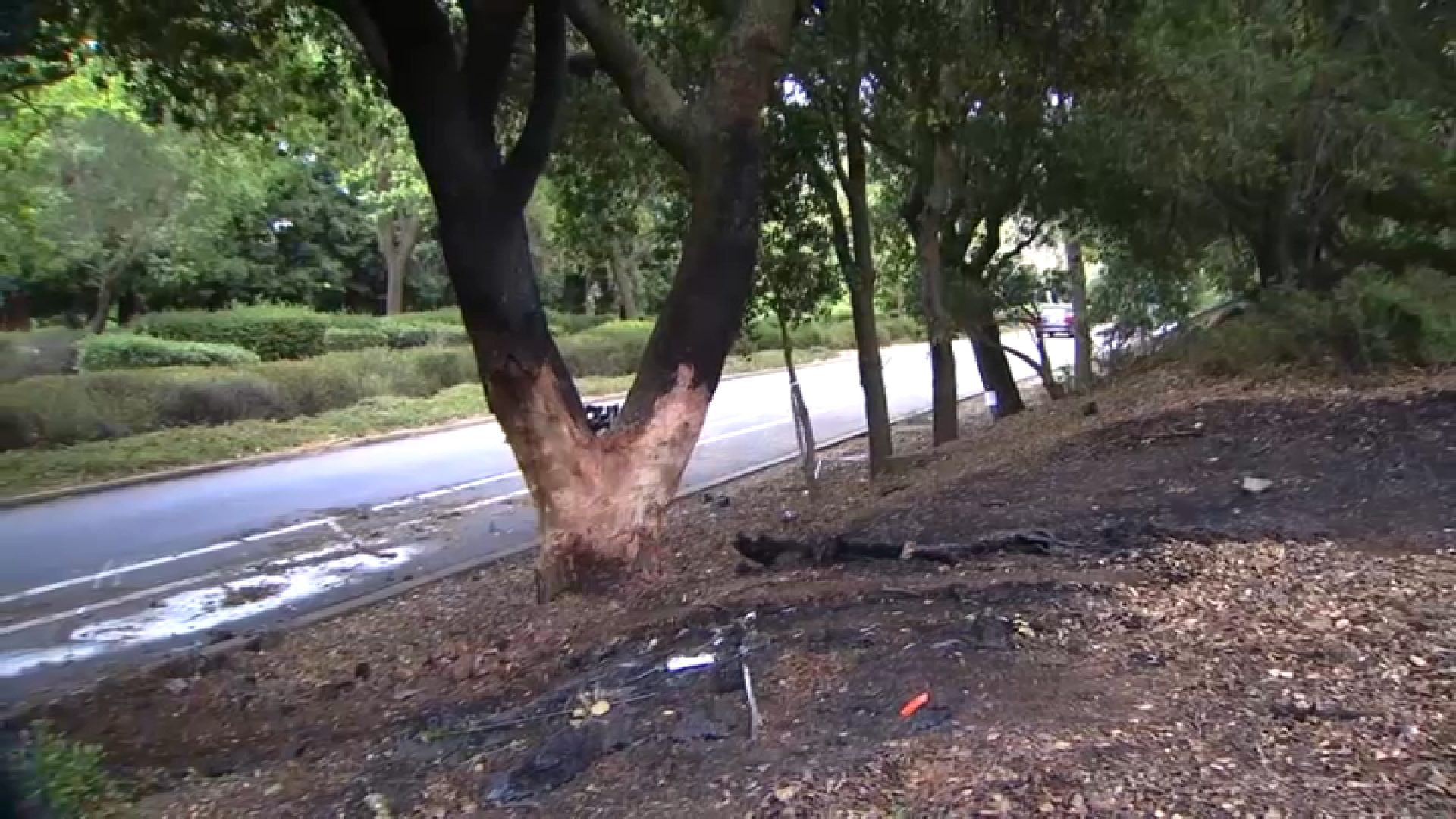
San Mateo County announced on Wednesday a partnership with local school districts to provide up to $2.879 million to help K-12 students get online during the COVID-19 pandemic.
The program is geared toward students from rural communities or low-income households who may not have the stable internet access required for virtual learning. Support will come in the form of high-speed internet packages, wireless hotspots - including remote deployment units, which are wireless hotspots on wheels - and expanded public wi-fi.
The county's Board of Supervisors voted unanimously on Aug. 4 to fund the program with money it has received under the federal Coronavirus Aid, Relief, and Economic Security (CARES) Act.
"This project is critical not just for students but also their families. The pandemic exposed what we already knew - that so many in our community do not have access to the internet. Distance learning highlighted this digital divide, and this pilot is an important step to bridge the gap," board president Warren Slocum said in a statement.
The project will provide essential support as schools across the county reopen with distance learning this month and next.
Schools in San Mateo County must conduct distance learning until the county has been off the state's COVID-19 watch list for 14 consecutive days, though elementary schools can apply for a waiver.
The county is partnering with Ravenswood City, La Honda-Pescadero Unified, Redwood City and Sequoia Union High school districts.
Local
A total of 650 qualifying students in Ravenswood City and La Honda-Pescadero Unified school districts will receive subsidized either high-speed internet through Comcast or mobile wi-fi hotspots through T-Mobile. The county will also expand public wi-fi networks to support students in Redwood City and Sequoia Union High school districts.
San Mateo County Superintendent of Schools Nancy Magee said in the county's statement that the pilot "offers an exciting opportunity to support academic success" for students.
Kaizen Technology Partners will manage the project and provide
data analysis to inform future internet access decisions.
"As a Vietnamese immigrant who values continuous education, closing the digital divide gap is just the start to breaking the economic divide that exists in this country," Kaizen's CEO Dao Jenson said in the statement.
A coalition of government bodies, property owners, technology service providers and internet service providers will deliver the pilot initiative.
More information on the program is available here.



